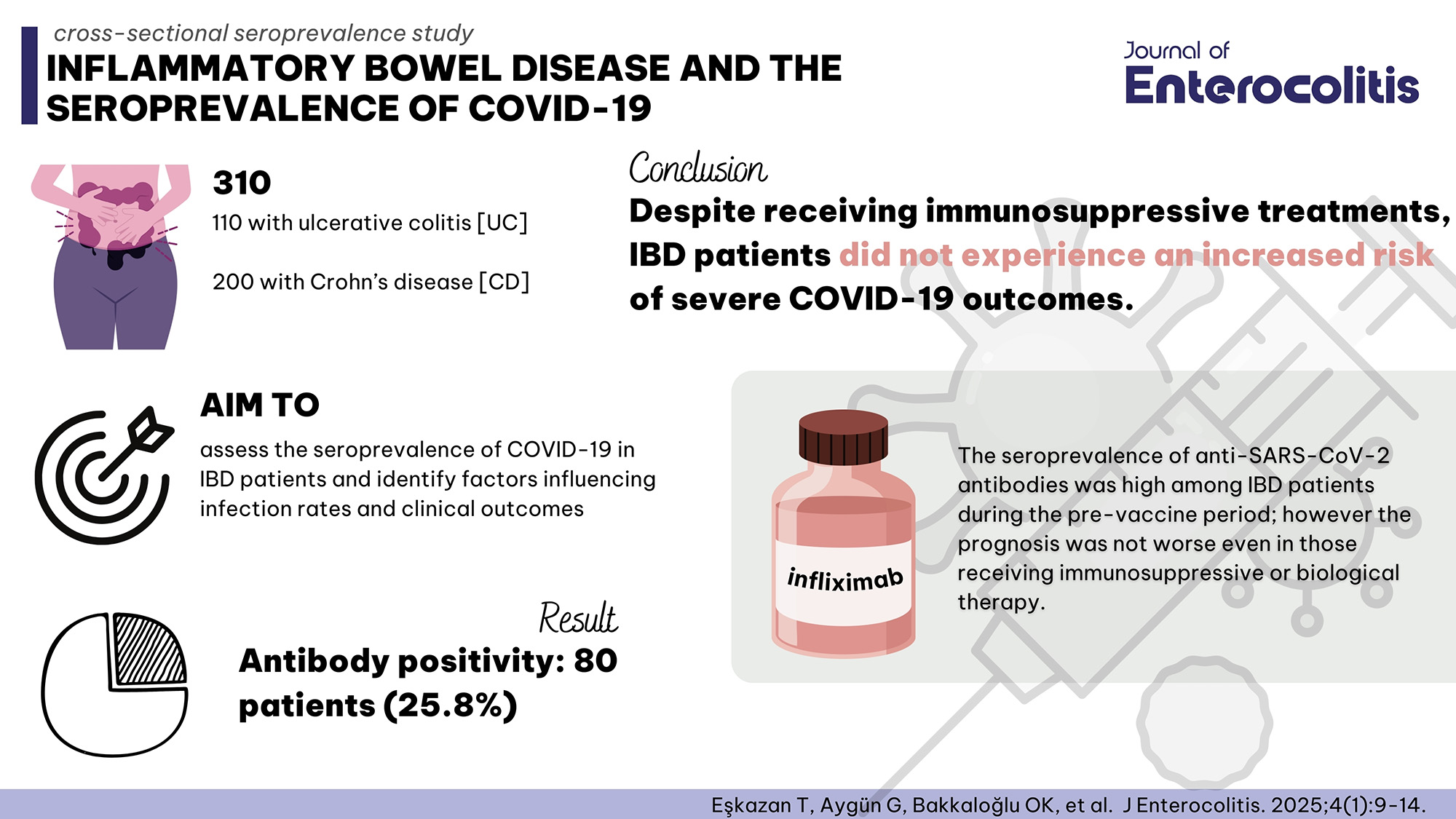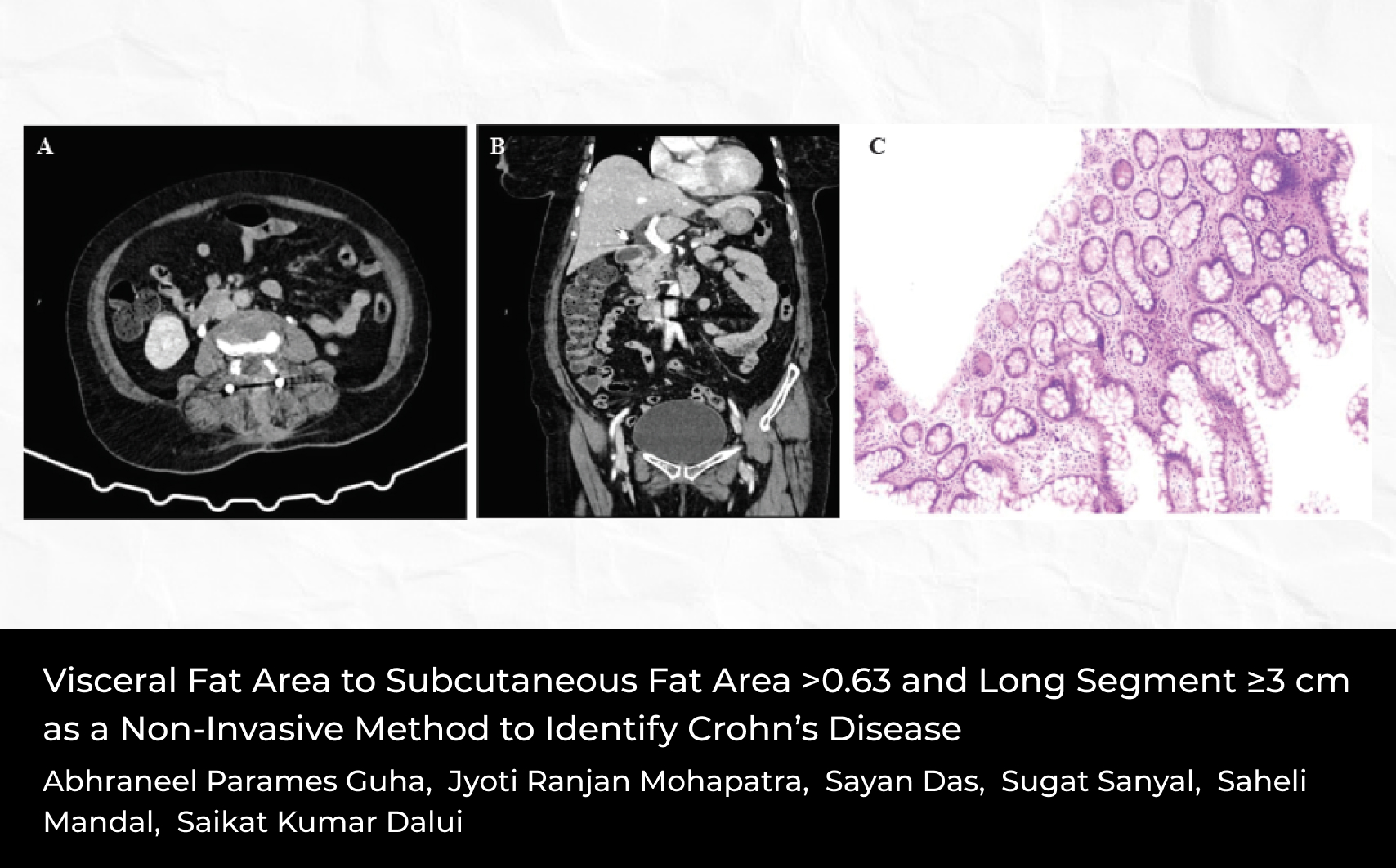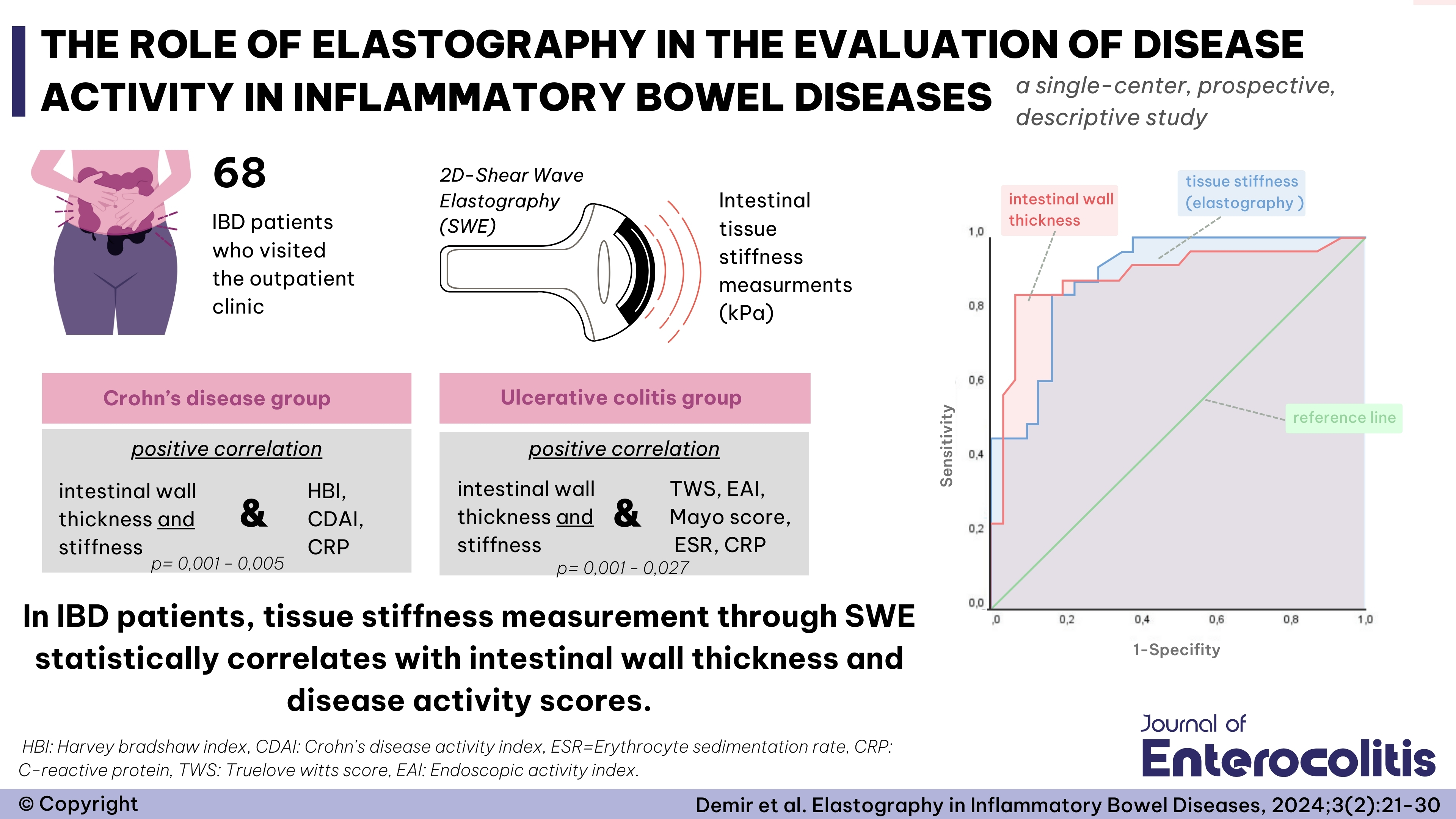Abstract
Malnutrition and sarcopenia are common conditions in inflammatory bowel disease. Both Crohn’s disease and ulcerative colitis are characterized by chronic inflammation; additionally, strictures and fistulas can be seen in Crohn’s disease. These conditions, individually or together, are causative factors for diminished oral intake, micronutrient deficiencies, protein-energy malnutrition, and/or sarcopenia. Malnutrition is considered poor prognostic criteria for inflammatory bowel disease in terms of disease course, hospitalization, need for surgery, and surgical complications. Sarcopenia is a syndrome characterized by progressive skeletal muscle deficiency which can be responsible for higher hospitalization rates, increase in bone fractures, and impairment of immune system functions. It seems that assessment of sarcopenia in patients with inflammatory bowel disease is essential since sarcopenia is considered a poor prognostic factor such as in many other chronic disease. In the last decade, studies investigating sarcopenia in inflammatory bowel disease were markedly increased. According to these studies, sarcopenia is a common condition in inflammatory bowel disease, and it can be classified as a poor prognostic factor for inflammatory bowel disease like malnutrition. Here, we want to review studies in the literature to clarify the frequency of sarcopenia and its potential effects on disease course in inflammatory bowel disease.









 Muhammet Yener Akpınar1
Muhammet Yener Akpınar1 






